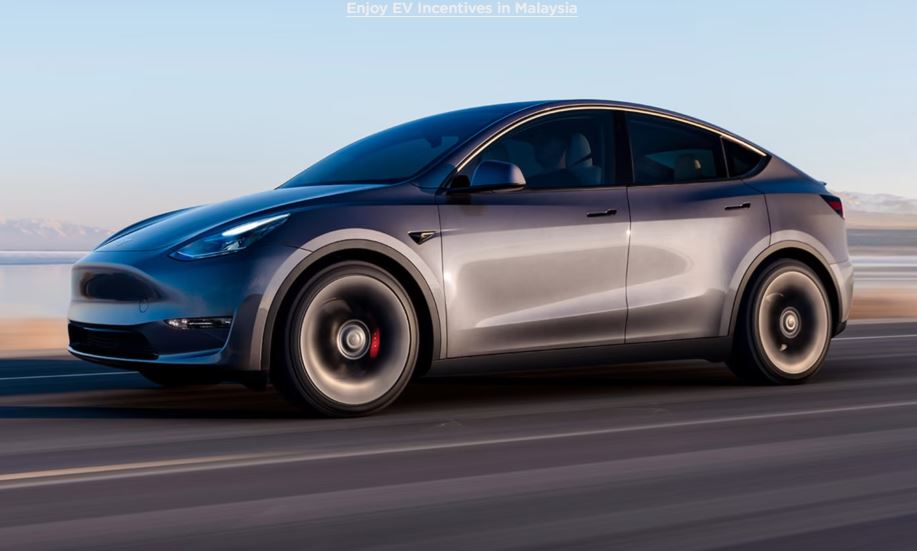France has implemented its new policy (announced in September) which will reduce the flood of EVs from China that have been capturing large shares of the market in recent years. The move, to cost the government up to €1 billion a year (about RM5.1 billion) is expected to persuade buyers to buy French and European models instead of Chinese ones.
To do this, the government has revised the criteria for eligibility of EVs for tax incentives which range from €5,000 (about RM25,500) to €7,000 (about RM35,700), depending on income levels of the buyers.


Another initiative is a government-supported leasing scheme which will enable low-income families to lease EVs from €150 a month (about RM765/month).
Emissions generated during manufacturing
The eligibility criteria includes the CO2 generated in the manufacturing process for the EVs. On this basis, EVs made in factories in China are deemed to fail to meet the criteria as the factories use mostly coal-generated electricity.

“We will no longer be subsidising car production that emits too much CO2 [in total],” said French Finance Minister Bruno Le Maire. He expects this new criteria to pressure carmakers to reduce their carbon footprint.
500 models eligible
The new criteria has led to the compilation of a list of some 500 models that are eligible, with French environmental agency Ademe involved in the assessment of each model. Virtually all of the most popular EVs currently on sale in France are from China and due to their ineligibility, buyers will no longer be able to get the incentives to reduce their purchase cost.
EVs specifically made in China are impacted the most, while models like the Kia Niro, made in Korea, is still eligible. The Tesla Model 3, made in Shanghai, is not but the Model Y made in Germany is on the list.
![Tesla Model 3 EV [2023]](https://www.motaauto.com/wp-content/uploads/2023/09/Tesla-Model-3-EV-2023-6.jpg)

French president Emmanuel Macron expects the policy to also boost local production of EVs which are targeted to be more than 1 million units by 2027. French carmakers such as Renault and Peugeot have already announced plans to launch lower-priced models within the next few years.
Not in conflict with WTO rules
Though this move can be seen as being discriminatory and in conflict with WTO (World Trade Organisation) rules on fair trading, the French government believes it has a right to impose a policy with such criteria as there are provisions allowed for health and environmental reasons.
In the past, carmakers have reacted to policies that work against them by ‘getting behind the barrier’, ie setting up factories within countries or regions so that they cannot be classified as foreign imports. Once they start producing their cars in those factories, they are subject to the same policies as manufacturers in the country or region and cannot be discriminated against.

Time for European carmakers to prepare
So it is likely that in the light of the EU looking for ways to stop the flood of EVs from China – including starting an investigation into their pricing – some Chinese carmakers will build factories in Europe during this decade. It will take them a few years which would allow the European carmakers time to get their lower-priced EVs into the market and be more competitive.

Stellantis unveils first of four platforms for future BEV models


